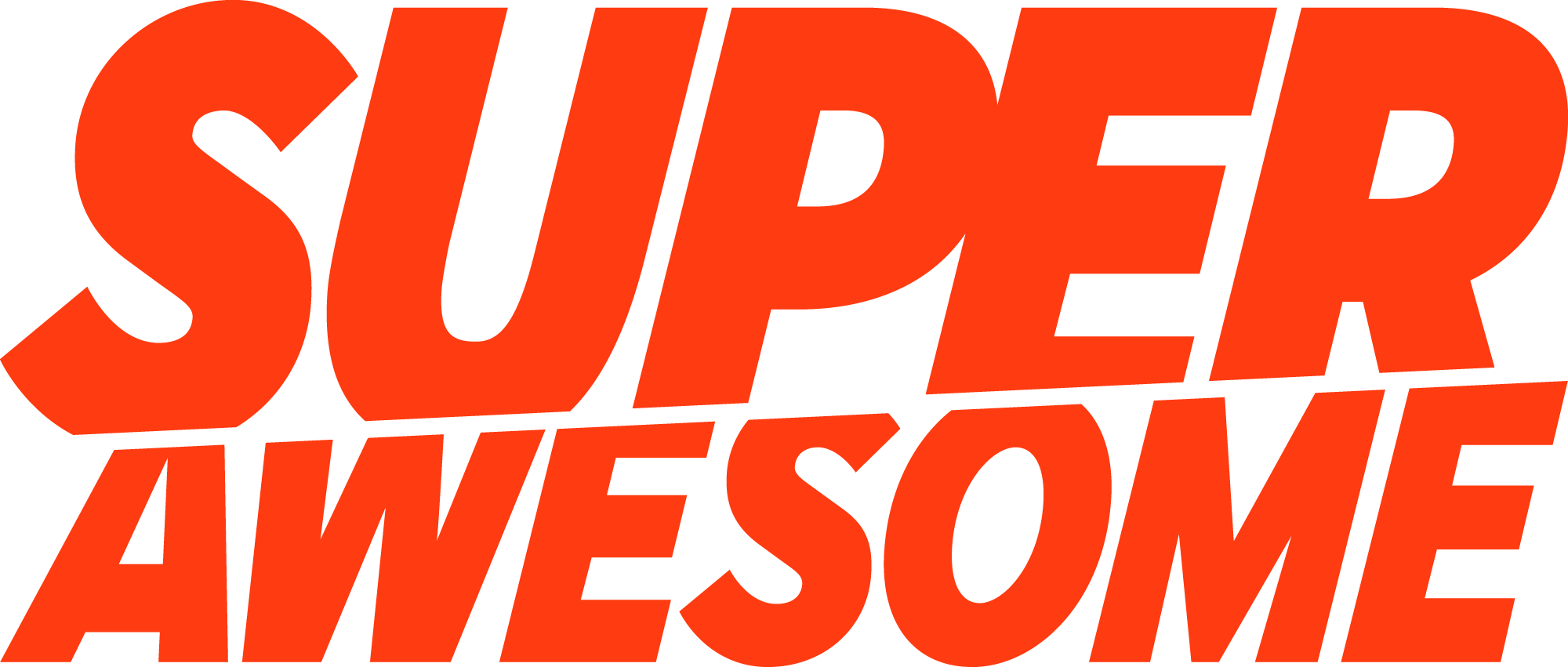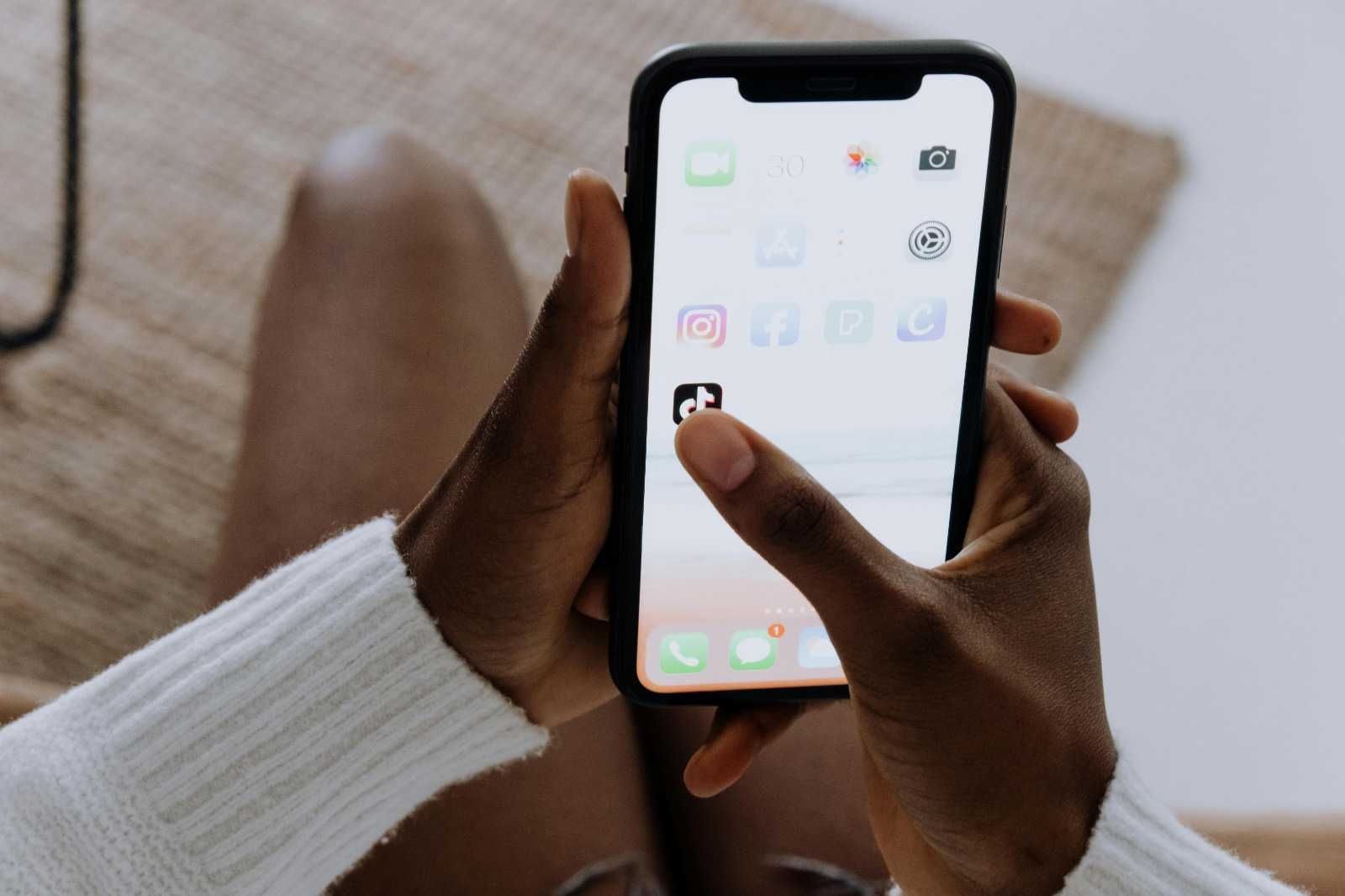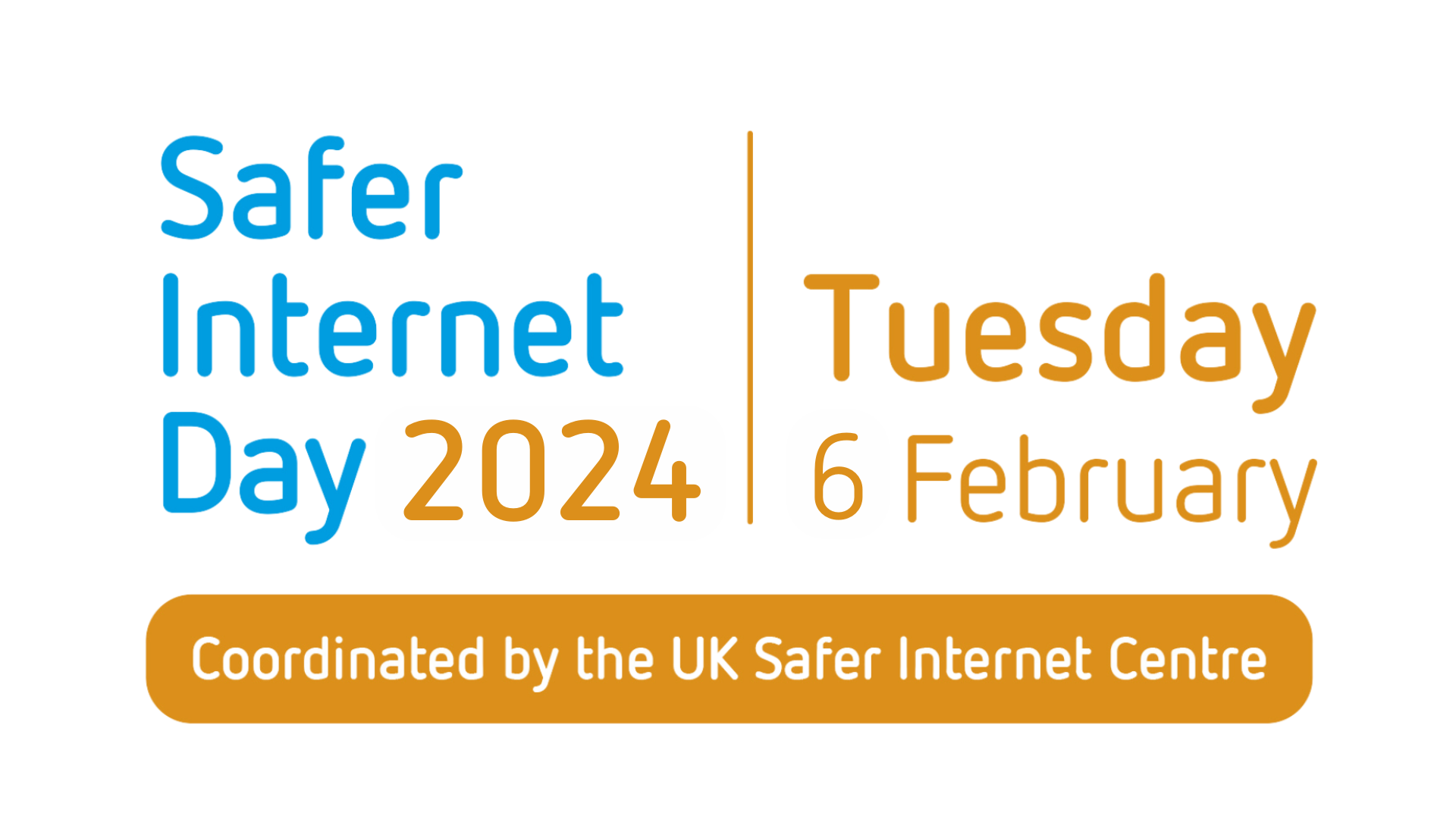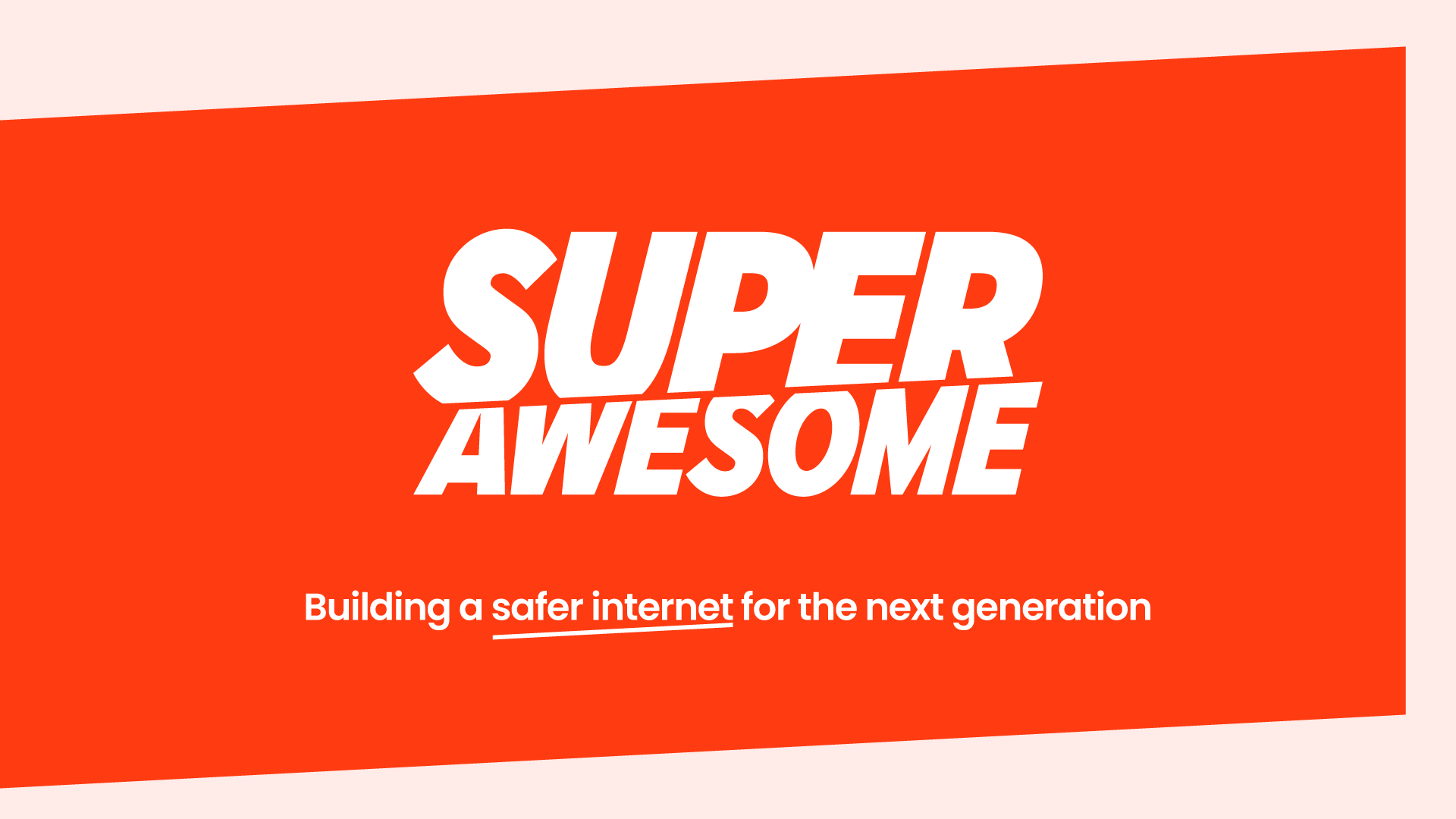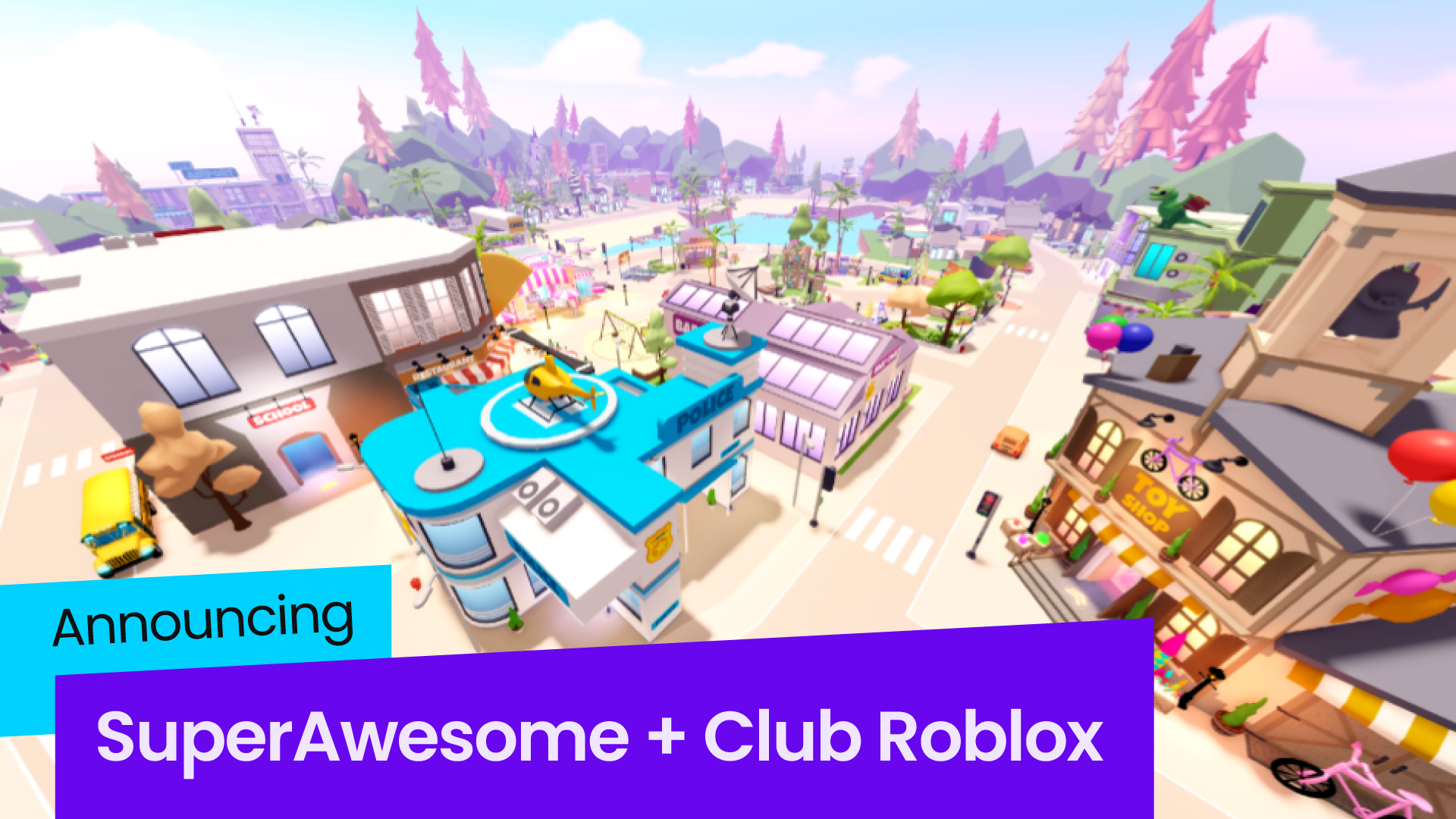Our Chief of Staff, Kate Devlin, was recently asked to speak at Start Up Week Dublin, on Scaling Culture in Organisations. As one of SuperAwesome’s early hires back in 2015, Kate’s role throughout her time at SuperAwesome has given her unique insight into how a culture scales from a few desks in the corner of a shared office space to five global offices, and over 150 people.
What is culture within an organisation?
I think there are lots of definitions of culture. Since Big Tech started showing off their sleep pods, ball pits and slides between floors, people have started to equate the word ‘culture’ with perks. But it’s not as simple as that.
My definition of culture is a company’s personality: this incorporates fun elements but goes beyond that to mission, values, ethics, diversity, environment, policies, leadership and role models, the way a company operates and makes decisions, the sense of being a team.
In SuperAwesome we have a few key elements to our culture that stand out. We are a family: as #SAFam, we are mission-driven and value-driven. We have a global mindset, and an emphasis on peer-to-peer recognition, as well as individual growth and development. Our mission is an easy one to get behind, so we’re lucky in that sense.
You joined SuperAwesome as office manager in the early days – has the culture changed?
I joined as Office Manager in 2015 in a small office in Holborn. We had one person in the US and were not thinking globally – at first. We had a reactive culture that responded to the needs of the team when necessary. Our perks were adhoc and very manual.
The challenges as we grew were many: what was working for 30, 40 even 50 people, stopped working for 60, 70 and 80. Our methods for gathering feedback were not extensive enough. We started to grow in other territories and had to stop thinking with a HQ-first mentality. We needed more cultural champions as our numbers grew. Our values stopped applying as we grew and scaled; we wanted that start-up mentality but needed the way we worked to reflect a company of scale.
How does culture manifest across multiple offices, from two desks in Bloomsbury to people on three continents?
Scaling globally was and is one of the biggest challenges we have faced. Apart from taking great care with all early global hires, there are a few things we did:
- You have to teach yourself to think remote-first. If we’re all going to the pub to unwind in the middle of Q4, what are NYC doing? If we’re putting up Halloween decorations in London, what are the Chicago office doing?
- At the start it was basically the EMEA Office Manager, trying to coordinate stuff globally and applying what was happening in UK HQ to the other offices. As we scaled we developed a Culture Crew with reps from all North American offices – trying to adapt the cultural initiatives rather than simply applying them across the board. Now it’s a sophisticated people-function with a calendar of events and reps across all offices, inputting and implementing them.
One thing in particular is unforgivable to still be getting wrong when you scale: it is not OK to have sub-par video conferencing when you are a global team. That creates a HQ-first mentality. You should have the capability to dial in remote workers, and that should be a good experience for them. We also have the CEO/ other execs do meetings from other offices to give HQ a sense of what it is like to dial in, too.
How do you maintain culture as you scale?
Identify people who are cultural pillars and cultivate them. They will help role model the culture for any new cohort. Get their buy in when hiring new people, for cultural fit. Have them buddy and mentor new hires, have them spend time with as many people as possible, have them help put away the shopping and attend informal social gatherings, have them fly to remote offices to spend time with global team. Have everyone learn from their behaviours.
Put early hires from HQ in new offices as founders. Ensure no part of the organisation is too far culturally (or physically) from the core of the organisation. People. People. People.
What are some of the things you wish you knew a few years ago that you know now?
- Don’t take things personally
- Not everything works for everyone
- It’s OK to try something that fails
- Gather feedback from your team on everything. If you’re not hearing constructive feedback it doesn’t mean everything’s perfect, it just means the team don’t have an outlet for it.
- Instagram is the current best way to engage digitally with the team.
- Everyone thinks they want to be involved in culture. They think it means party planning, but it’s so much more. So let them try. It will mean they have a lot more respect for the people that handle it when they understand how complex and difficult it all is.
Final takeaways?
Culture doesn’t just equal fun. Culture is your company’s entire personality – from HR policies to how you conduct meetings, to work life balance, to mission and values to engagement.
If your team wouldn’t recommend working there to a friend, you’re doing something wrong. Decide what’s important for you, from remote policies to food and hire people for whom the same things are important. Never stop assessing, and asking how you’re doing.
Kate Devlin is Chief of Staff at SuperAwesome.
